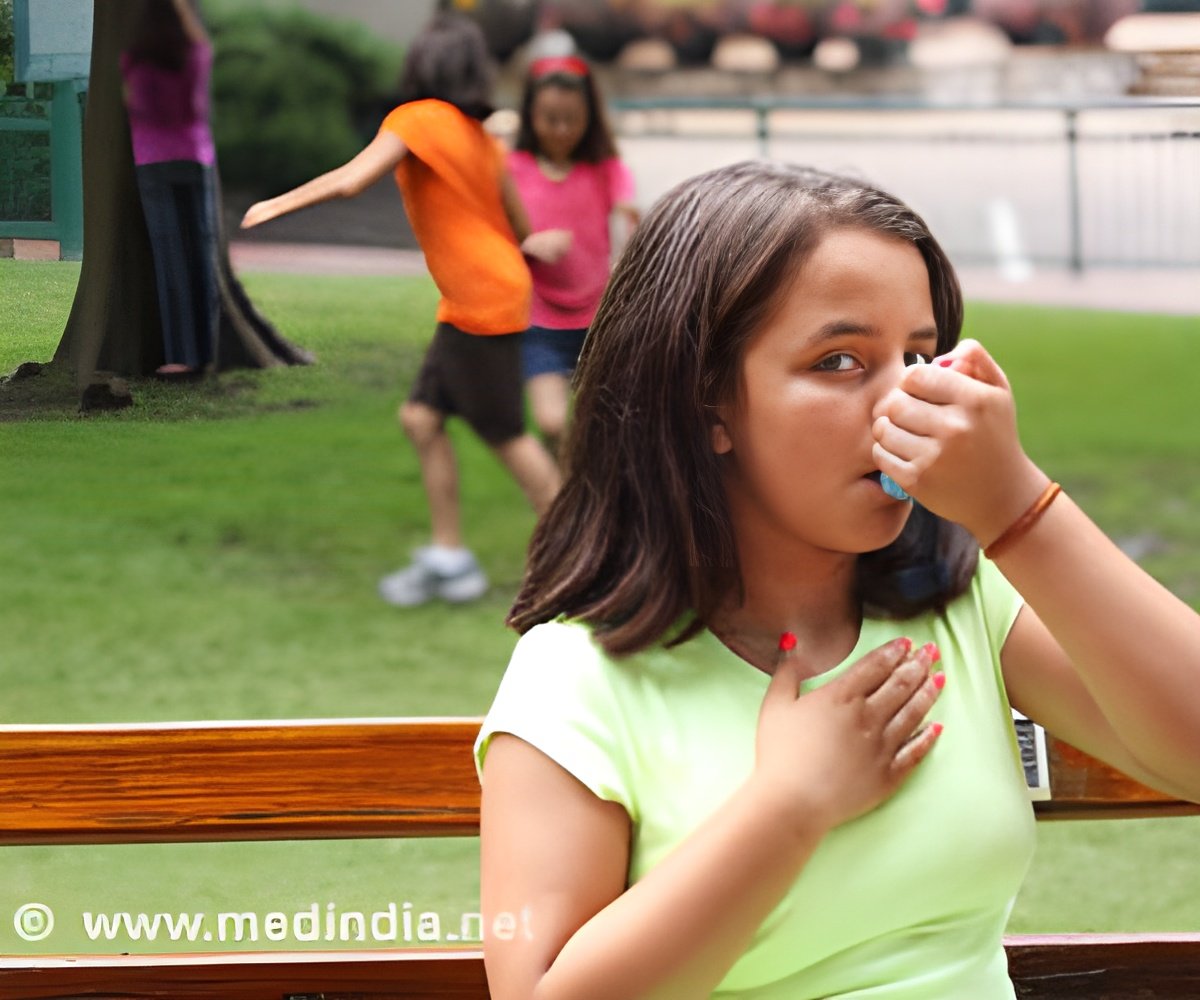A recent review of clinical trials found that while antibiotics can provide minor improvements in uncomplicated sinusitis cases, most patients recover without the drugs.

The systematic review examined the results of 57 studies, six of which compared antibiotics to a placebo and 51 of which compared different kinds of antibiotics. More than 18,000 people took part in the studies.
This review focused on studies with patients treated for simple, uncomplicated sinusitis in a primary care setting. Four of five patients without complications improved within two weeks even without a prescription for antibiotics.
At 10 to 14 days after diagnosis, 52 percent of patients had recovered completely in the antibiotic group compared with 38 percent in placebo group. However, when researchers waited longer to check back with the patients, there was no significant difference in recovery rates whether people took antibiotics or a placebo.
The evaluation of different antibiotics showed them to be similarly effective.
The review appears in the latest issue of The Cochrane Library, a publication of The Cochrane Collaboration, an international organization that evaluates medical research. Systematic reviews draw evidence-based conclusions about medical practice after considering both the content and quality of existing medical trials on a topic.
Advertisement
Every year, 20 million people in the United States have sinusitis. When the membrane-lined air spaces near the nose become infected, sinusitis can cause nasal discharge, pain, obstruction, poor response to decongestants, facial pain and even toothache.
Advertisement
“Without a positive bacterial culture by sinus puncture, it is hard to separate viral from bacterial sinusitis,” said Ed Septimus, M.D., a board member of the Infectious Diseases Society of America and a member of the society’s Antimicrobial Resistance Work Group.
Acute bacterial sinusitis is more likely if symptoms have lasted more than a week. Even so, patients with bacterial sinusitis do not always benefit from antibiotics.
Even bacterial sinusitis can resolve spontaneously. According to the review authors, some patients with simple sinusitis would benefit from antibiotics, but it is still unclear who those patients are. Current criteria for sinusitis cannot reliably identify those patients who would most benefit from antibiotics.
On the other hand, antibiotics have well-documented negative effects. Potential adverse effects include gastrointestinal problems such as diarrhea, abdominal pain and vomiting, allergic symptoms and antibiotic-related fungal infections.
The unnecessary prescribing of antibiotics might also prove problematic for the general population. “Overuse of antibiotics leads to antimicrobial resistance,” Septimus said.
The bacteria that antibiotics are designed to kill can change and become resistant to available medicines, and the same class of drugs might no longer be useful in the future.
Current treatment recommendations span from only using narrow-spectrum antibiotics to treat patients with severe or persistent, moderate symptoms and specific bacterial sinusitis findings to using broad-spectrum antibiotics to treat all patients with acute bacterial infections.
Treatment should always occur on a case-by-case basis considering the benefits and harms on individual patient level, but in light of the results of this study, doctors might want to consider other treatment options, the study authors said.
Patients can use symptom-relieving drugs like nasal decongestants and the anti-inflammatory analgesics as well as nasal irrigation. Also in those patients who have asthma or allergic rhinitis, nasal corticosteroids and antihistamines can be helpful.
Source-Newswise
SRM/M











